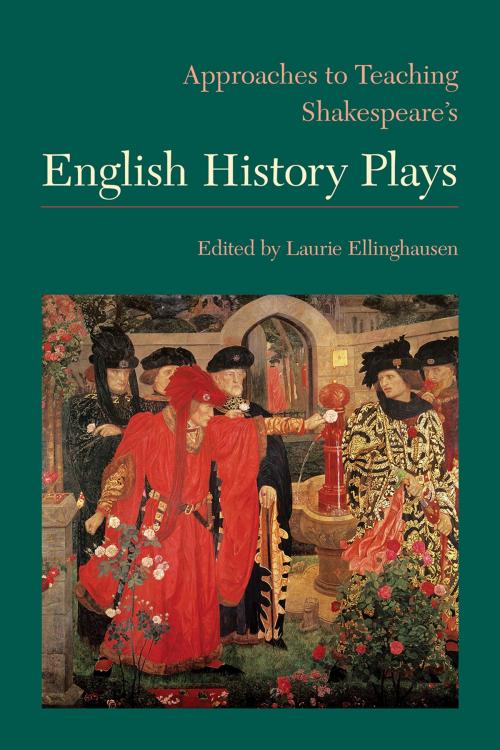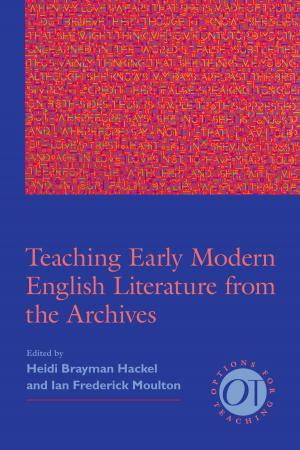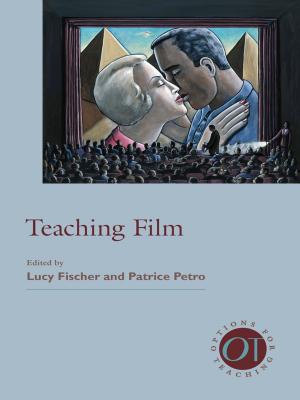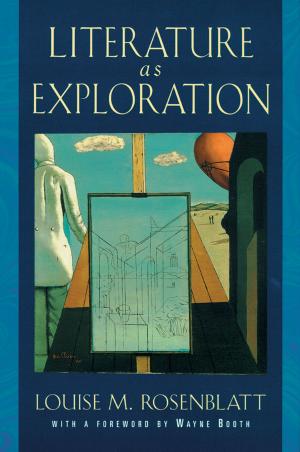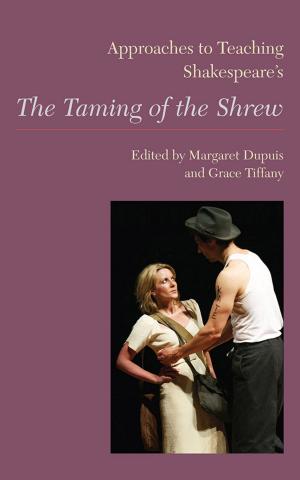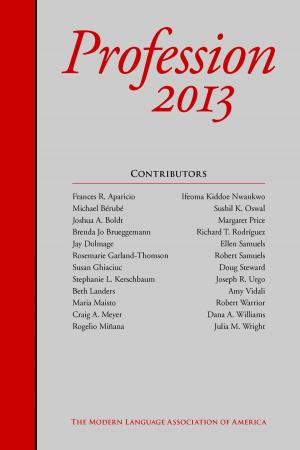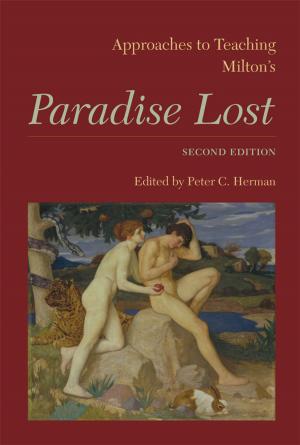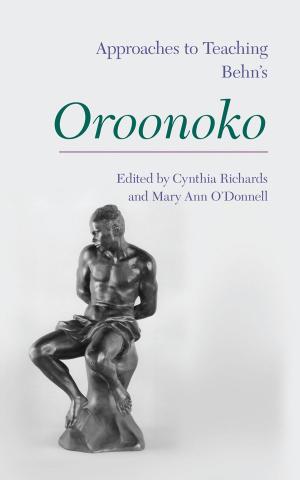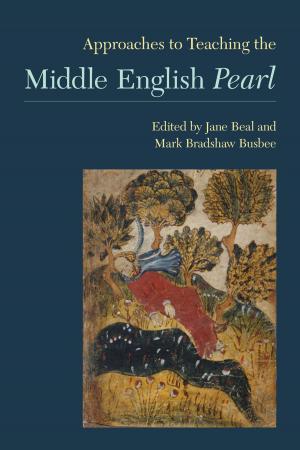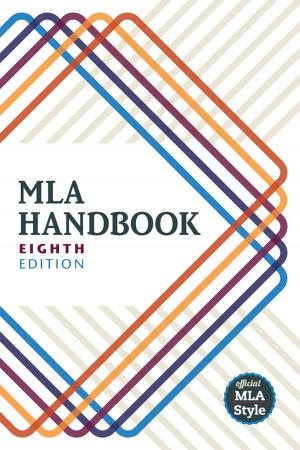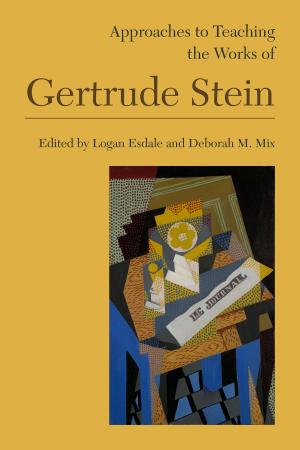Approaches to Teaching Shakespeare's English History Plays
Nonfiction, Reference & Language, Language Arts, Study & Teaching, Fiction & Literature, Literary Theory & Criticism, British| Author: | ISBN: | 9781603293013 | |
| Publisher: | The Modern Language Association of America | Publication: | June 1, 2017 |
| Imprint: | The Modern Language Association of America | Language: | English |
| Author: | |
| ISBN: | 9781603293013 |
| Publisher: | The Modern Language Association of America |
| Publication: | June 1, 2017 |
| Imprint: | The Modern Language Association of America |
| Language: | English |
Shakespeare's history plays make up nearly a third of his corpus and feature iconic characters like Falstaff, the young Prince Hal, and Richard III--as well as unforgettable scenes like the storming of Harfleur. But these plays also present challenges for teachers, who need to help students understand shifting dynastic feuds, manifold concepts of political power, and early modern ideas of the body politic, kingship, and nationhood.
Part 1 of this volume, "Materials," introduces instructors to the many editions of the plays, the wealth of contextual and critical writings available, and other resources. Part 2, "Approaches," contains essays on topics as various as masculinity and gender, using the plays in the composition classroom, and teaching the plays through Shakespeare's own sources, film, television, and the Web. The essays help instructors teach works that are poetically and emotionally rich as well as fascinating in how they depict Shakespeare's vision of his nation's past and present.
Shakespeare's history plays make up nearly a third of his corpus and feature iconic characters like Falstaff, the young Prince Hal, and Richard III--as well as unforgettable scenes like the storming of Harfleur. But these plays also present challenges for teachers, who need to help students understand shifting dynastic feuds, manifold concepts of political power, and early modern ideas of the body politic, kingship, and nationhood.
Part 1 of this volume, "Materials," introduces instructors to the many editions of the plays, the wealth of contextual and critical writings available, and other resources. Part 2, "Approaches," contains essays on topics as various as masculinity and gender, using the plays in the composition classroom, and teaching the plays through Shakespeare's own sources, film, television, and the Web. The essays help instructors teach works that are poetically and emotionally rich as well as fascinating in how they depict Shakespeare's vision of his nation's past and present.
